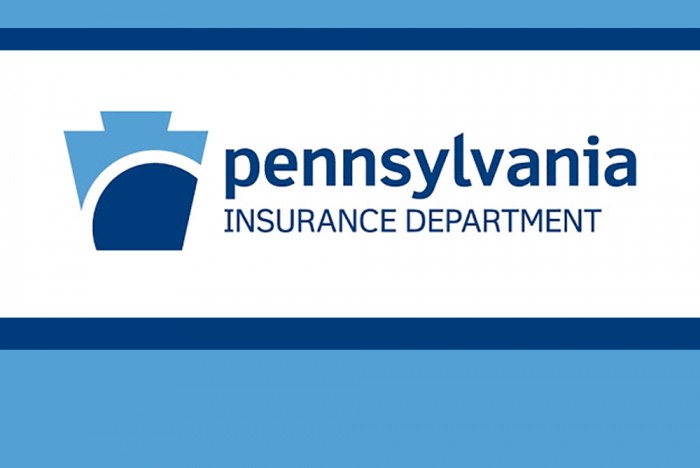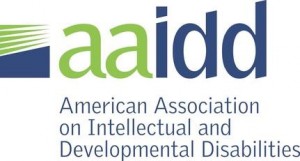FOR IMMEDIATE RELEASE
May 8, 2020
Harrisburg, PA – Department of Human Services (DHS) Secretary Teresa Miller today announced an Emergency Assistance Program (EAP) to help low-income families who lost wages experiencing financial challenges due to the COVID-19 pandemic. Families who qualify will be eligible for a one-time payment to assist them in meeting basic needs and help them secure more stable financial footing in the future.
“The economic disruption caused by this pandemic is affecting families and communities across Pennsylvania in different ways. For many low-income Pennsylvanians, especially those awaiting unemployment compensation, this disruption could be completely destabilizing,” said Secretary Miller. “The Wolf Administration is committed to helping families weather this uncertain period, and the EAP will be another resource to help families avoid reaching even more difficult situations as we recover from this crisis together.”
The program will use existing Temporary Assistance for Needy Families (TANF) funds to provide support to low-income families who qualify. The program will be open to families with a child under the age of 18 or a woman who is currently pregnant. In order to qualify, families must have at least one person in the household who was employed as of March 11, 2020 and experienced an hour or wage reduction of at least 50 percent for two weeks or more or lost employment entirely due to the public health crisis.
Families must meet income limits of 150 percent of the Federal Poverty Guidelines and have no more than $1,000 in a savings or checking account.
| Household Size |
Monthly Income Limit |
Annual Income Limit |
| 1 |
$1,595 |
$19,140 |
| 2 |
$2,155 |
$25,860 |
| 3 |
$2,715 |
$32,580 |
| 4 |
$3,275 |
$39,300 |
| 5 |
$3,835 |
$46,020 |
| 6 |
$4,395 |
$52,740 |
| 7 |
$4,955 |
$59,460 |
| 8 |
$5,515 |
$66,180 |
| 9 |
$6,075 |
$72,900 |
| 10 |
$6,635 |
$79,620 |
| Each Additional Person |
$560 |
$6,720 |
Qualifying families will be issued a one-time grant equal to two months of TANF benefits. The average monthly TANF grant for a family of three is $403, so a qualifying family of three would receive a one-time grant of $806 through the program. Information on monthly grants by household size and county is available online here. Funds will be issued through an electronic benefit transfer (EBT) card.
The emergency assistance application is available online at www.compass.state.pa.us. Families should be prepared to submit all necessary documentation with their application to expedite processing and avoid having to apply again. Applications will be accepted beginning Monday, May 11 through June 12 or until all funds are expended.
Secretary Miller also provided an update on the number of public assistance applications received by DHS. Applications are generally down from where they were before County Assistance Offices began to close in Pennsylvania. Applications did begin to increase to pre-closure levels towards the second half of April but are declining again. In previous economic downturns, there has been a delay in people turning to Medicaid and other forms of public assistance.
“As we navigate this pandemic and the period of recovery that will follow, I urge all Pennsylvanians to keep these programs in the back of their minds should they or someone they know need an extra hand,” said Secretary Miller. “Life has changed for all of us in different ways, and you may be a little uneasy about your financial situation. If you are in this situation, you do not have to go through this alone or feel ashamed asking for help.”
Pennsylvanians can apply for Medicaid, the EAP, the Supplemental Nutrition Assistance Program (SNAP), the Children’s Health Insurance Program (CHIP), and other public assistance programs at any time through DHS’ online COMPASS application at www.compass.state.pa.us. Those who prefer to submit paper applications can mail documents to their local County Assistance Office (CAO) or leave documents in a CAO’s secure drop box, if available. CAOs are still closed to the public, but mail and drop boxes are being monitored so applications can be processed.
Visit pa.gov for a “Responding to COVID-19” guide or the Pennsylvania Department of Health’s dedicated Coronavirus webpage for the most up-to-date information regarding COVID-19.
Guidance to DHS providers related to COVID-19 is available here.
MEDIA CONTACT: Erin James, DHS – ra-pwdhspressoffice@pa.gov
# # #


















